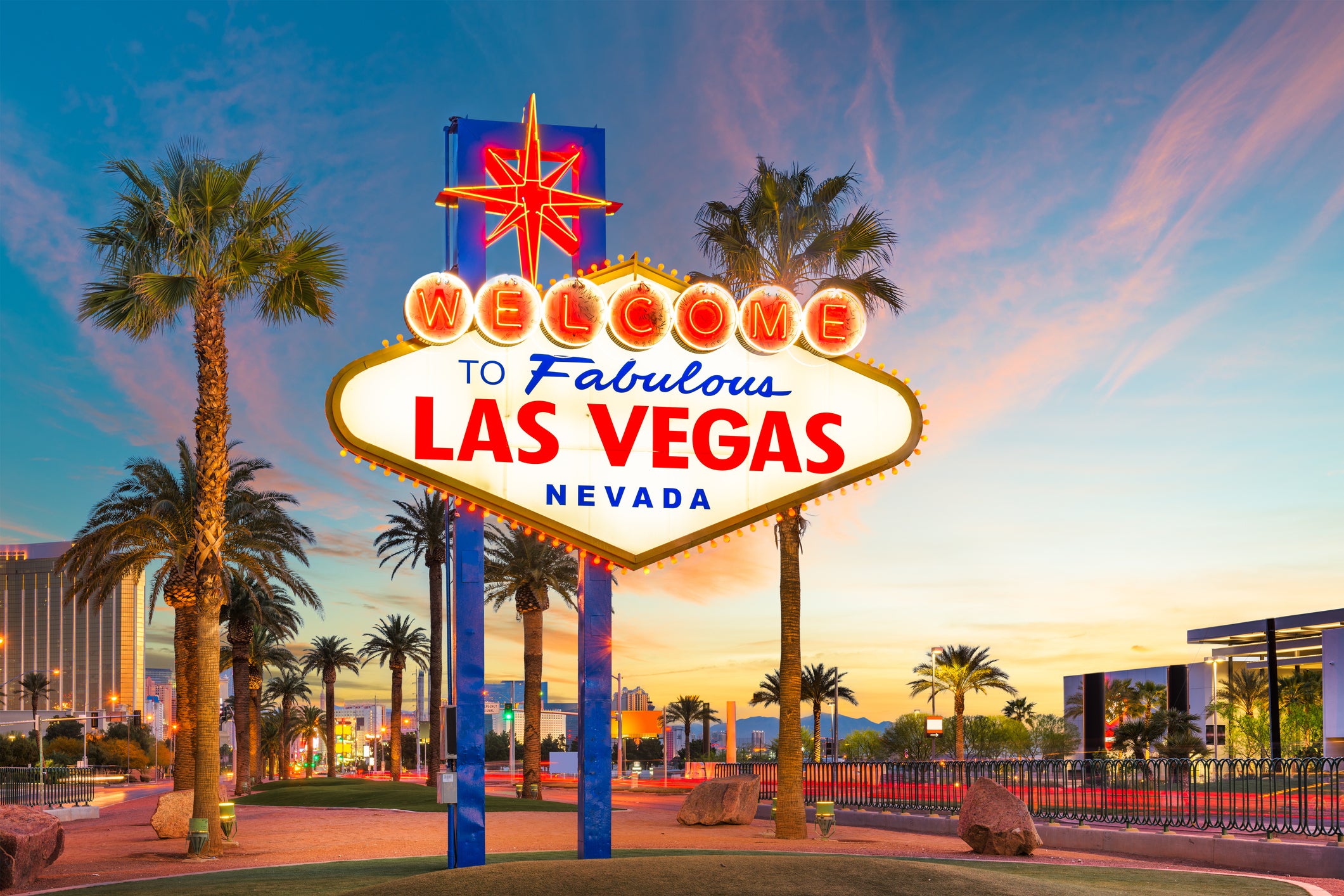In February, Nevada, one of America’s western states, has managed to aggregate a gross gaming revenue that is around 26% less than the last year February’s. The casino’s February collection was $772.4 million. At the same time, Las Vegas Strip has experienced a slump of 41.5% to $348.4 million.
A Thursday report of CDC showing different official figures related to the Nevada Gaming Control Board has revealed a fact. It says that a Laughlin casino has posted a report showing a similar type of diminution in the gambling revenue. The diminution is 30.8% year-on-year. The venues in North Las Vegas have reported about their 12.3% drop on average.
The source also revealed that the falling pattern keeps continuing in Las Vegas and has fallen into a 7.1% dip.
Arduous Assessment
The source purported that all of these nosedives must not appear as a surprise given the fact that the last year’s February was a representation of the last month before the state of Nevada entered a coronavirus-imposed lockdown period. The period observed a 78-day period which sustained till mid-March.
Loosening Limits
Nevada casinos reportedly experienced a tiny bump when its maximum capacity limit was raised to 35% in mid-February. The limit has further raised on March 14 to 50%, which was just before the last year’s edition of the “March Madness” inter-college basketball tournament. Nevertheless, February saw properties going through a statewide diminution of 56.3% in total earned gaming revenue.
Tourist Trouble
Nevada Gaming Control Board’s Michael Lawton said that casinos in Nevada were hit by the fact that the last February had one less weekend than last year’s February. He reportedly proclaimed that gambling revenues for businesses in the Las Vegas Strip had been materially impacted by the shortage of international travel.
Optimistic Outlook
Lawton asserted that he is expecting to observe a rise in aggregated GGR revenues for the continuing month as gaming activity increases owing to shortening capacity prohibitions relating to pandemic and stimulus checks playing as a prime catalyst to augmented spending by players.



